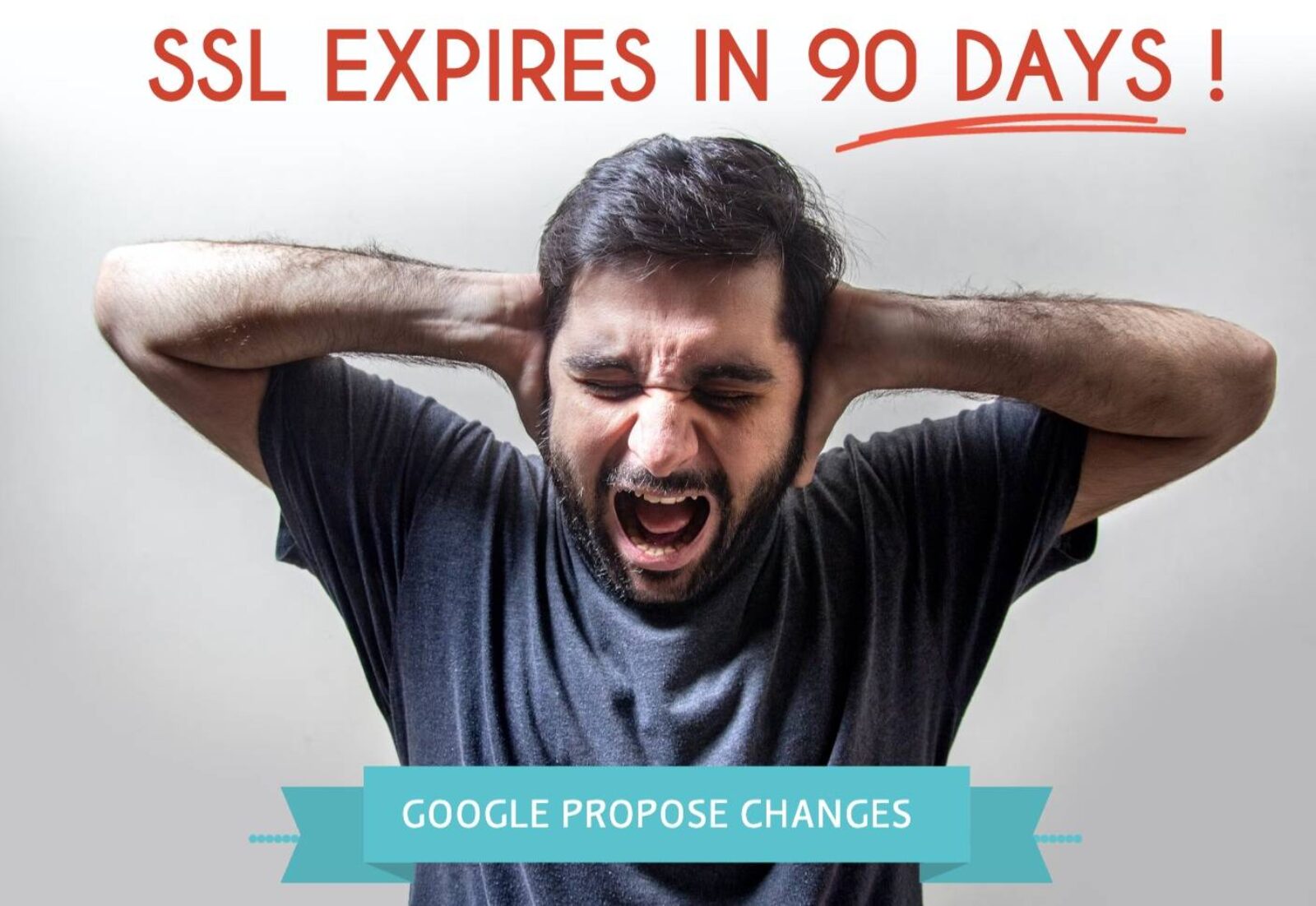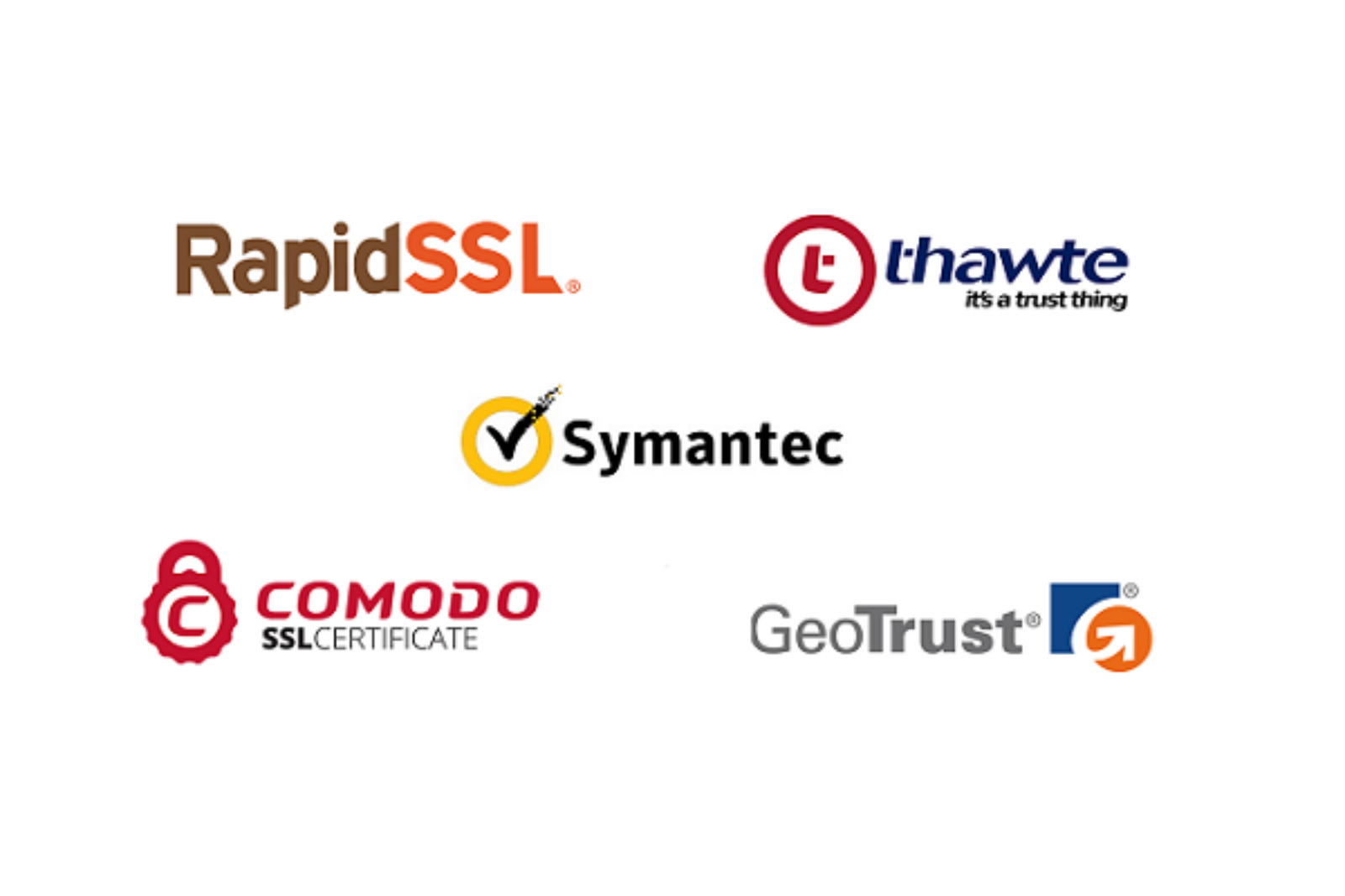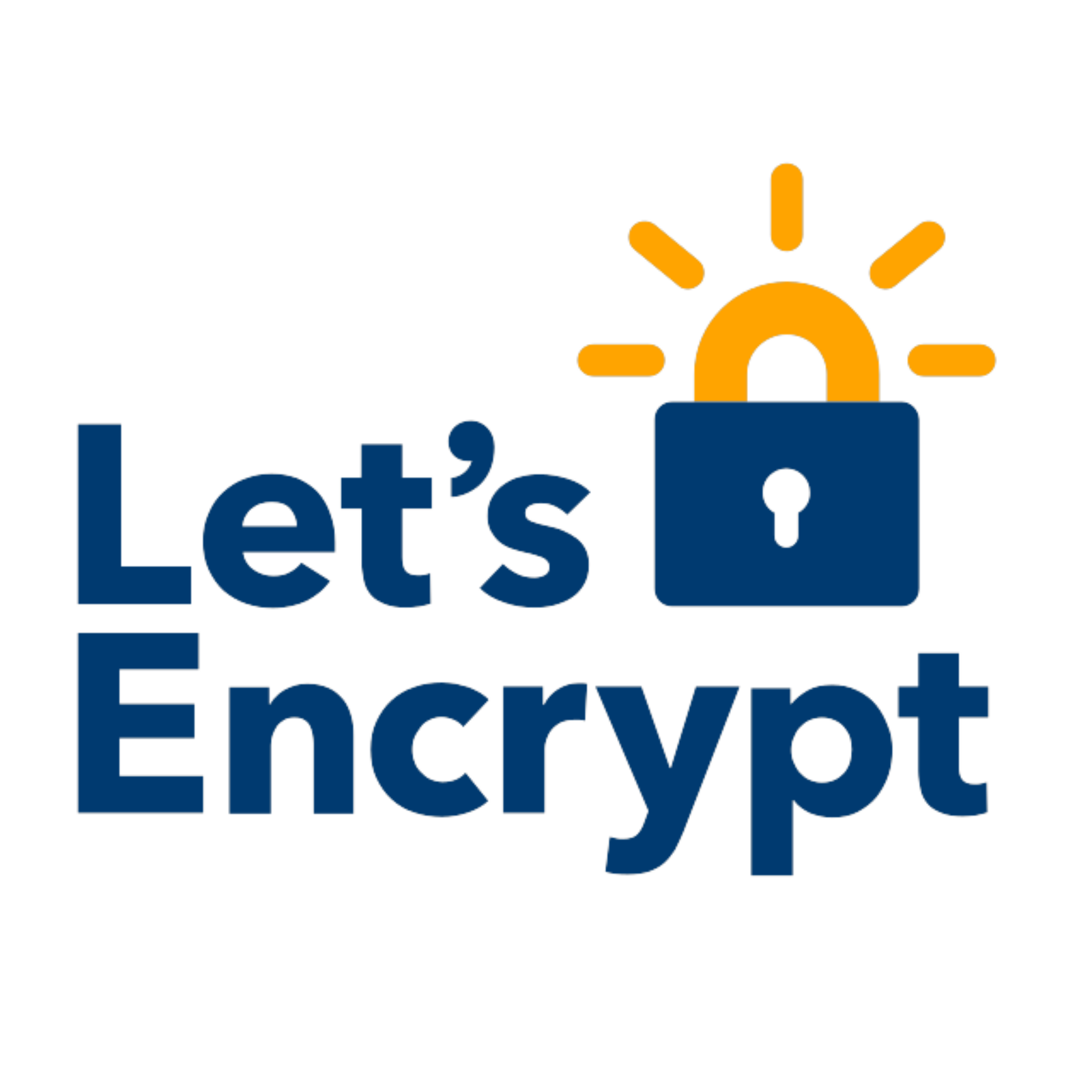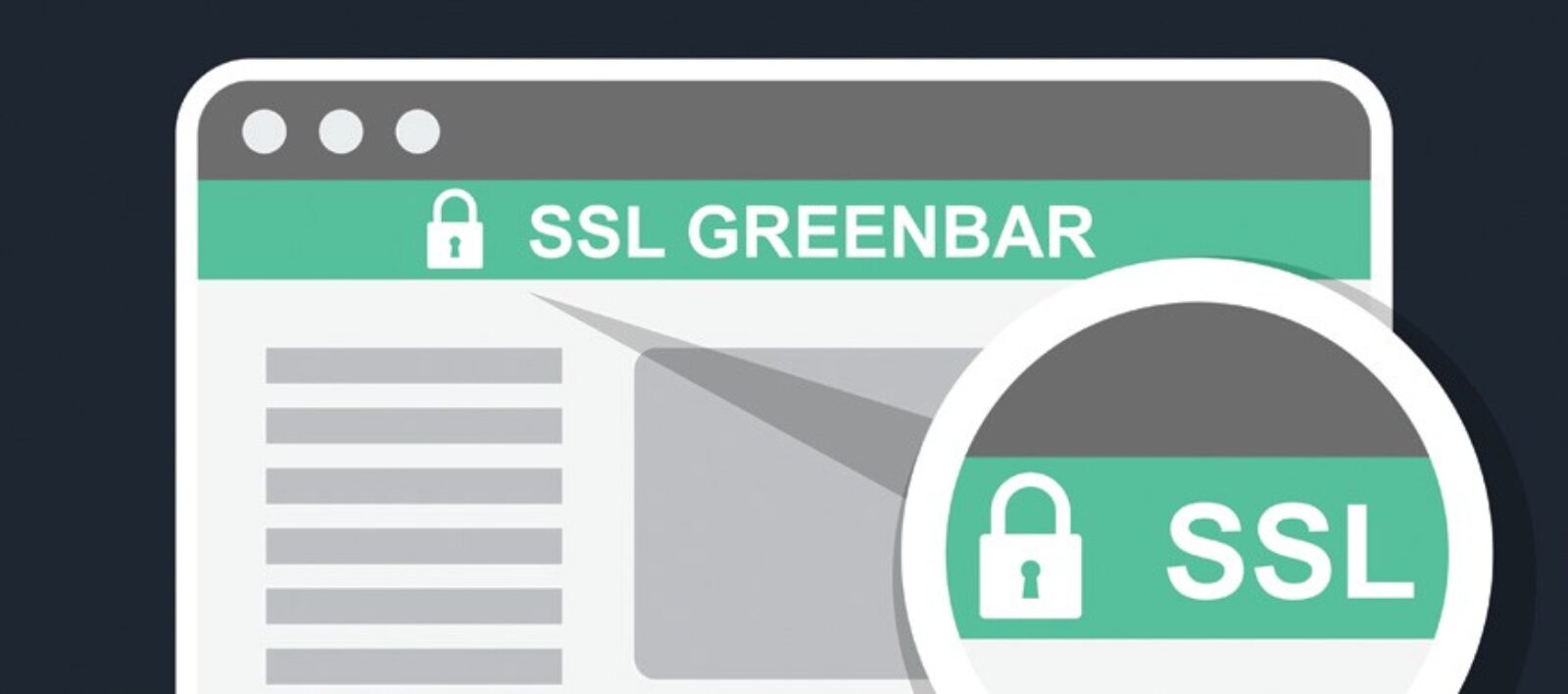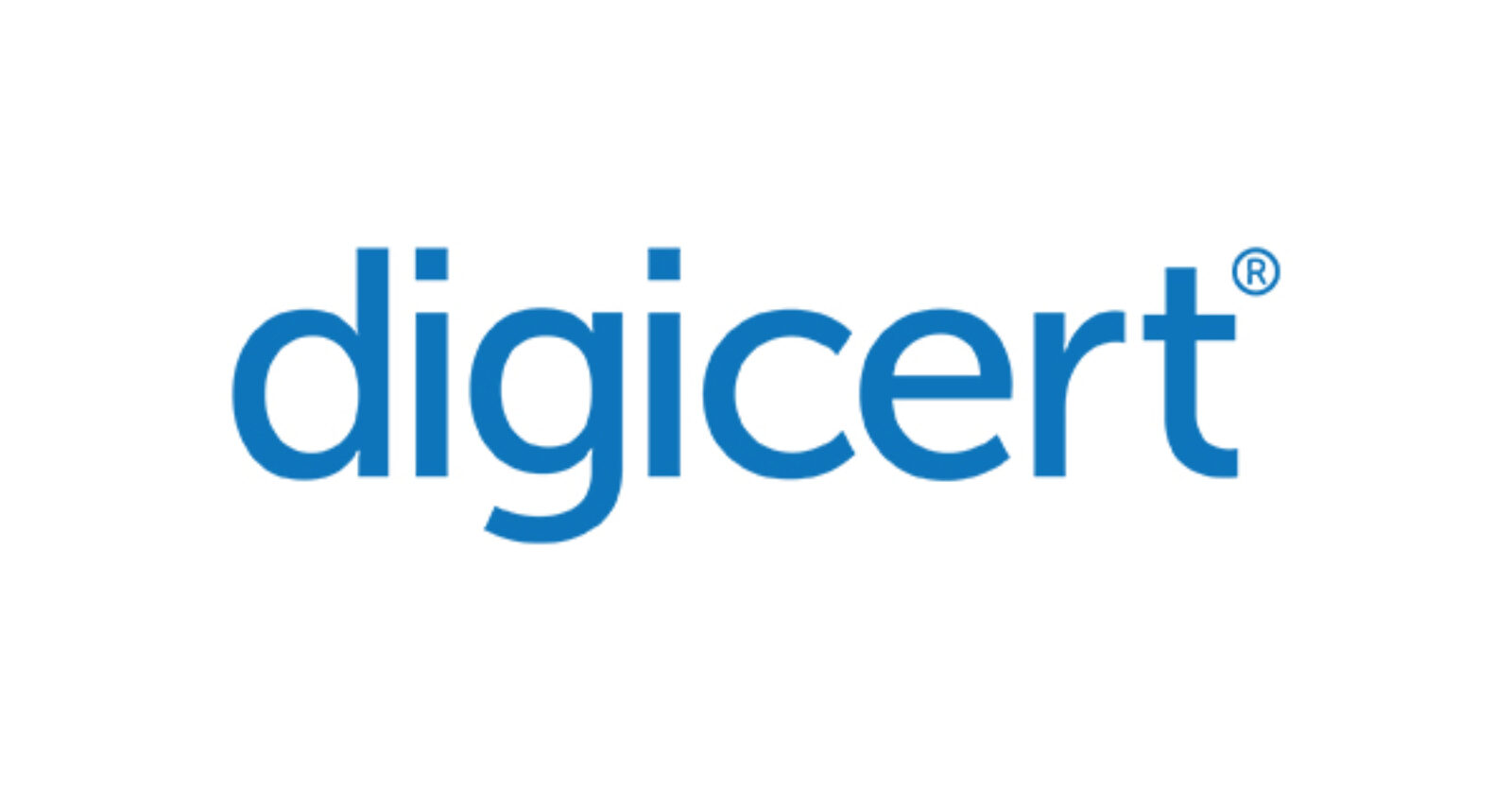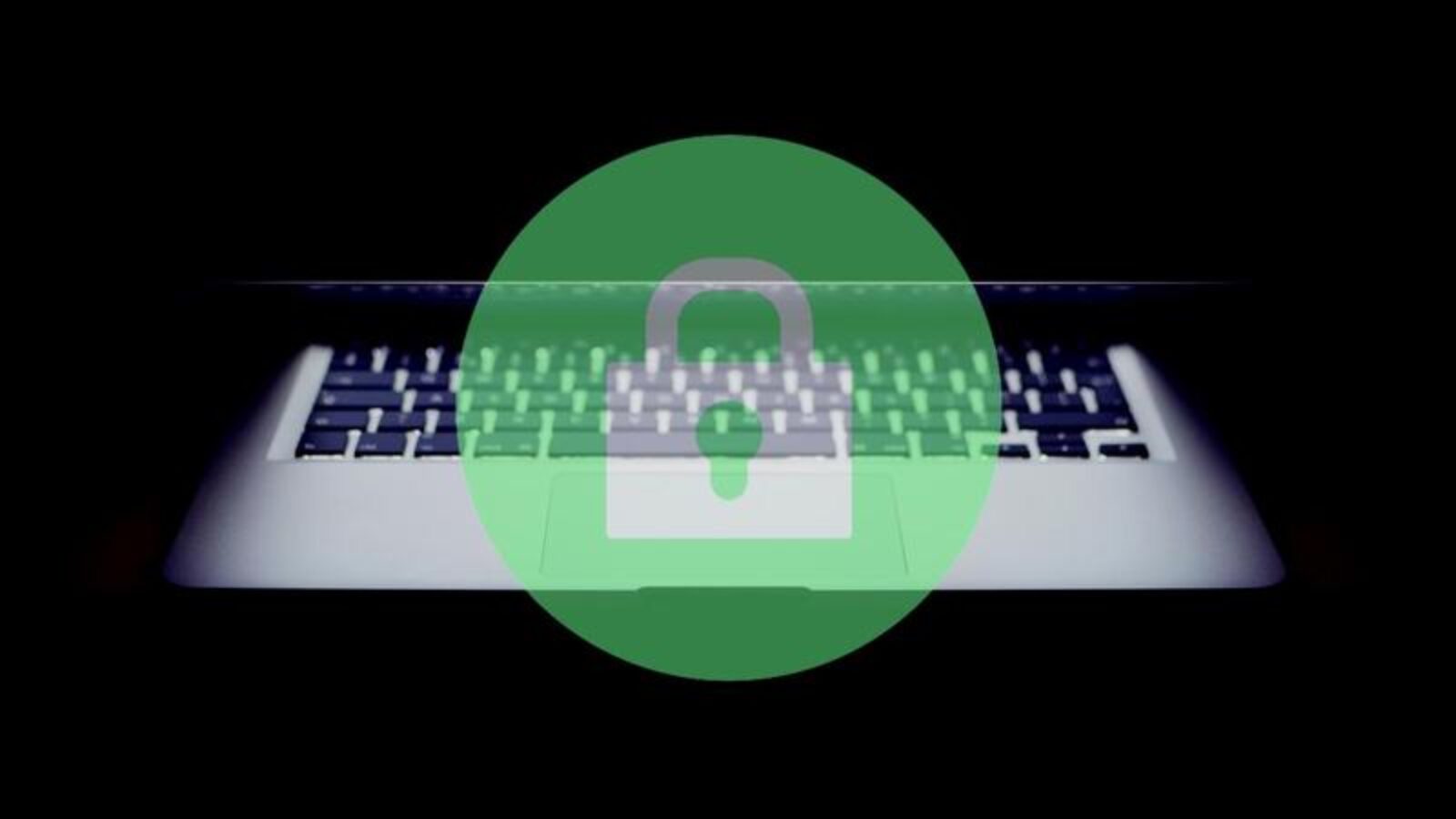Google to Revoke Trust in Entrust SSL/TLS Certificates
Entrust SSL: In a significant move within the digital security realm, Google has announced that it will no longer trust public SSL/TLS certificates issued by Entrust starting October 31, 2024. This move, aimed at enhancing web security, has left many organizations facing an...
Are you ready for 90 day Digital Certificate Renewals?
90-day digital certificates on the table
Google recently announced its plans to reduce the maximum validity for digital certificates from 398 days to 90 days. This change will have significant implications for organisations around the world, as it follows a trend of shrinking...
Quantum Resistant SSL encryption
Quantum-resistant SSL cryptography will mirror the growth of quantum computing and will be a central, and necessary, piece of our future.
Quantum computing has already come a long way with many saying that we could be living in a quantum computer world within the decade. The...
SSL Auto-Renew Now Supported
Problems with SSLs today
Over time, an organisation can collect hundreds of different SSLs for a variety of applications and functions. Keeping track of the different SSLs that are live, dormant and their expiry dates can cause an organisation of any size a big operational...
SSLs to remove Organisational Units from CSR
Commonsense: SSLs remove Organisation unit from CSR generation.
The SSL Store has reported that The CA/B Forum has decided that CAs no longer need to include organizational unit (OU) information when issuing publicly trusted SSL/TLS digital certificates. Let’s quickly explore...
SSL: Expired Lets Encrypt Certificate
A couple of weeks back, we saw some big-name websites impacted by the expiration of a root certificate provided by a major SSL provider, Lets Encrypt.
Lets Encrypt is known for their offering of free SSLs.
Certificates that had been issued by an expired root certificate...
Enterprises Don’t Have the Time or Resources to Manually Manage SSL
This blog looks at SSL automation, a recent survey from Digicert and what’s required to reduce the pressure on limited IT resources. Credit: The SSL Store’s blog; 4 Takeaways from DigiCert’s 2021 PKI Automation Study
Manually managing the SSLs at scale within...
Let’s Encrypt exploited for fraudulent SSL certificates
A Security shortcoming in the mechanism used by Let’s Encrypt to validate web domain ownership create a loophole that allow cybercriminals to get digital certificates for domains more easily.
A team of researchers led by Haya Shulman, director of the Cybersecurity Analytics...
Is SSL Extended Validation Dead?
The requirements to issue an Extended Validation (EV) SSL is a complex process, resource-intensive and time-consuming. The benefits, in terms of enhanced encryption, is net-zero. All SSLs, from Domain Validated (DV) SSLs to EV SSLs use exactly the same cryptographic...
Digicert Issuance Changes
On 9 June 2021, DigiCert made a change to their certificate issuance process. They updated seven default Intermediate Certificate Authorities (ICAs) used for issuing OV and EV SSL certificates. This change was made to restore compatibility with Google Chrome’s EV indicators....
How will Quantum Computing Impact SSLs?
Quantum Computing is advancing
The advancement in quantum computing could see it arrive much quicker than previously thought with Mega brands like Google, IBM, Amazon, Intel, Baidu and other global tech companies leading the way.
Using the company’s state-of-the-art...
SSL Made Easy
What is an SSL certificate?
An SSL (Secure Sockets Layer) certificate enables encryption and a secure connection between a visitor and your website. These certificates are recommended where sensitive information is requested from users, such as payment details or a password....


